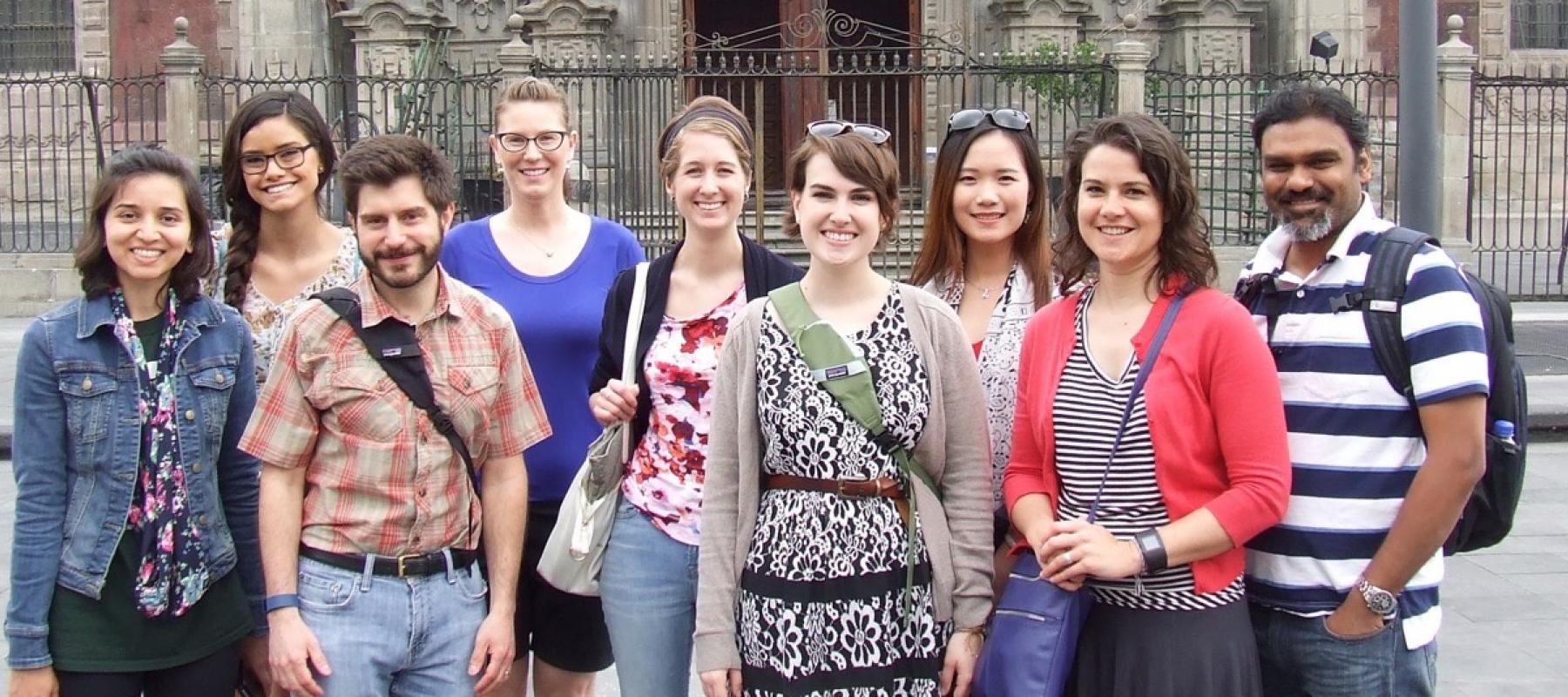
Mexico City Global Higher Education
The purpose of the Mexico City global higher education class is to provide graduate students with an opportunity to understand how local, national, and global forces interact in shaping the higher education landscape in a large Latin American city.
The International Comparative Higher Education course (EAD 972) is offered annually to students in the Higher, Adult, and Lifelong Education (HALE) programs (Ph.D., M.A.). Graduate students enrolled in EAD 972 travel to Mexico City as one trip option for the global higher education class, while travel to South Africa occurs in the opposite years.
The purpose of the Mexico City (México Distrito Federal (D.F.) global higher education class and experiences is to provide graduate students with an opportunity to understand how local, national, and global forces interact in shaping the higher education landscape in a large Latin American city. While the history, context, and current conditions of higher education in Mexico D.F. are distinct, the process of examining colleges and opportunities in higher education through local, national, and global context is relevant for scholarly, administrative, and policy work around the word. Students both develop a deeper appreciation of higher education in Mexico D.F. but also develop tools useful for conducting comparative and international higher education work anywhere.
Learning objectives for EAD 972 - Students learn to:
- Develop a nuanced understand of how local, national, and global forces interact in shaping the Mexican higher education landscape;
- Appreciate the history, context, and current conditions of higher education in Mexico City;
- Develop analytical skills for analyzing higher education through local, national, and global scales;
- Develop writing and analytical skills for conducting comparative and international higher education work;
- Develop a critical awareness of one’s social positionality (i.e. memberships in various social groups) within transnational relations of unequal power in the context of HE;
- Respect and appreciate ambiguity and uncertainty in un/learning and knowledge production.



